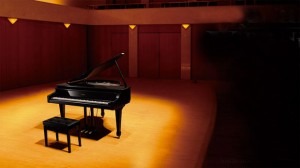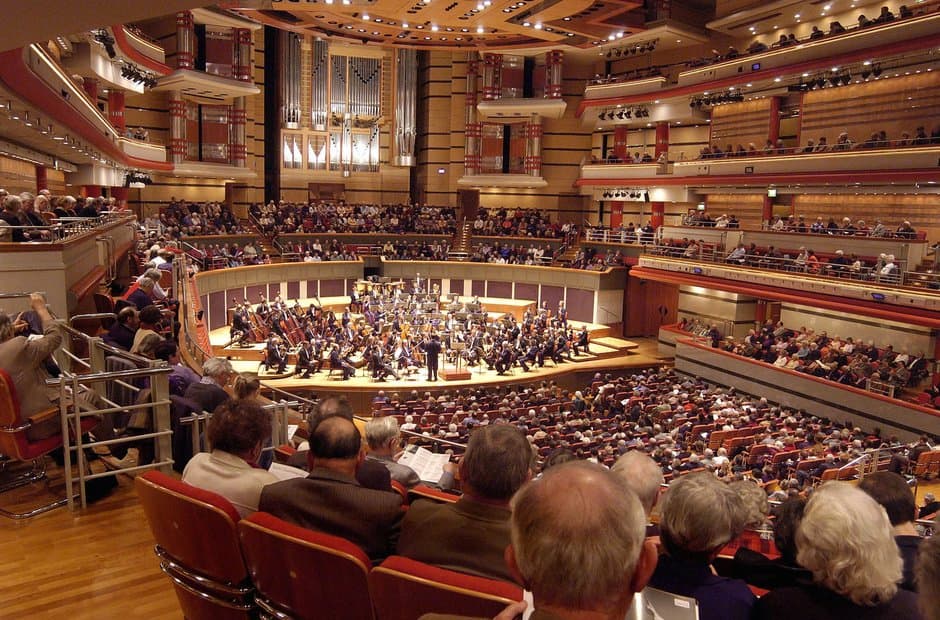
Credit: http://www.auralize.com
I also meet many teachers who do not perform, for one reason or another. Some cite lack of time, others anxiety or lack of confidence. I actually met one teacher who claimed she was “too afraid” to perform for her students in case she made a mistake.
As teachers, performing is, in my opinion, a necessary part of the job, and we need to be able to guide and advise our students on how to present themselves in a “performance situation” (exam, festival, competition, audition), and to prepare them physically and emotionally for the experience. A whole new and different range of skills are required as a performer, and it is important to stress to students the difference between practicing and performing. We also need to be able to offer support for issues such as nerves and performance anxiety, and to offer coping strategies to counteract the negative thoughts and feelings that can arise from anxiety. How can you train others to perform if you have never done it yourself?
A successful performance demonstrates that you have practised correctly, deeply and thoughtfully, instead of simply note-bashing. Preparing music for performance teaches us how to complete a real task and to understand what is meant by “music making”. It encourages us to “play through”, glossing over errors rather than being thrown off course by them, and eradicates “stop-start” playing which prevents proper flow. You never really demonstrate your technique properly until you can demonstrate it in a performance. Performing also teaches us how to communicate a sense of the music, to “tell the story”, and to understand what the composer is trying to say. It adds to our credibility and artistic integrity as musicians. And if you haven’t performed a piece, how can you say it is truly “finished”?
I always perform in my student concerts, not to show off, but to demonstrate to my students (and their parents, who pay my bills!) that I can actually do it, that I too am continuing my piano studies by preparing repertoire for performance, and that I have managed my performance anxiety properly. I also feel that by performing with my students, we transform our concerts into a shared music-making experience. I hope that by hearing and watching me playing, my students can better grasp aspects of technique or interpretation we might have discussed in lessons, as well as enjoying the sheer pleasure of listening to piano music, and perhaps draw inspiration from it as well.
Maria João Pires
Schubert: 6 Moments musicaux, Op. 94, D. 780





This one says, ‘No!’ (with the greatest respect, Frances Wilson).
For a full explanation of an alternative point of view please see: https://www.e-musicmaestro.com/blog/71/should-music-teachers-and-pupils-perform-in-public
Despite taking piano lessons for 8 years, I was never a serious student, and certainly never good enough to perform in public. I wouldn’t expect my teacher to either – but I certainly would expect them to be willing to play songs for me. Knowing how things are supposed to sound is tremendously helpful, and how can you play duets if you aren’t willing to play in front of your student? My teacher encouraged me to play in front of others, and wasn’t reluctant to do so herself. At age 97, she still has never performed in a concert hall, but she is fearless in front of her students, and gives us courage as well.
I like whaf you are doing. I am interested in music and I would like to learn.